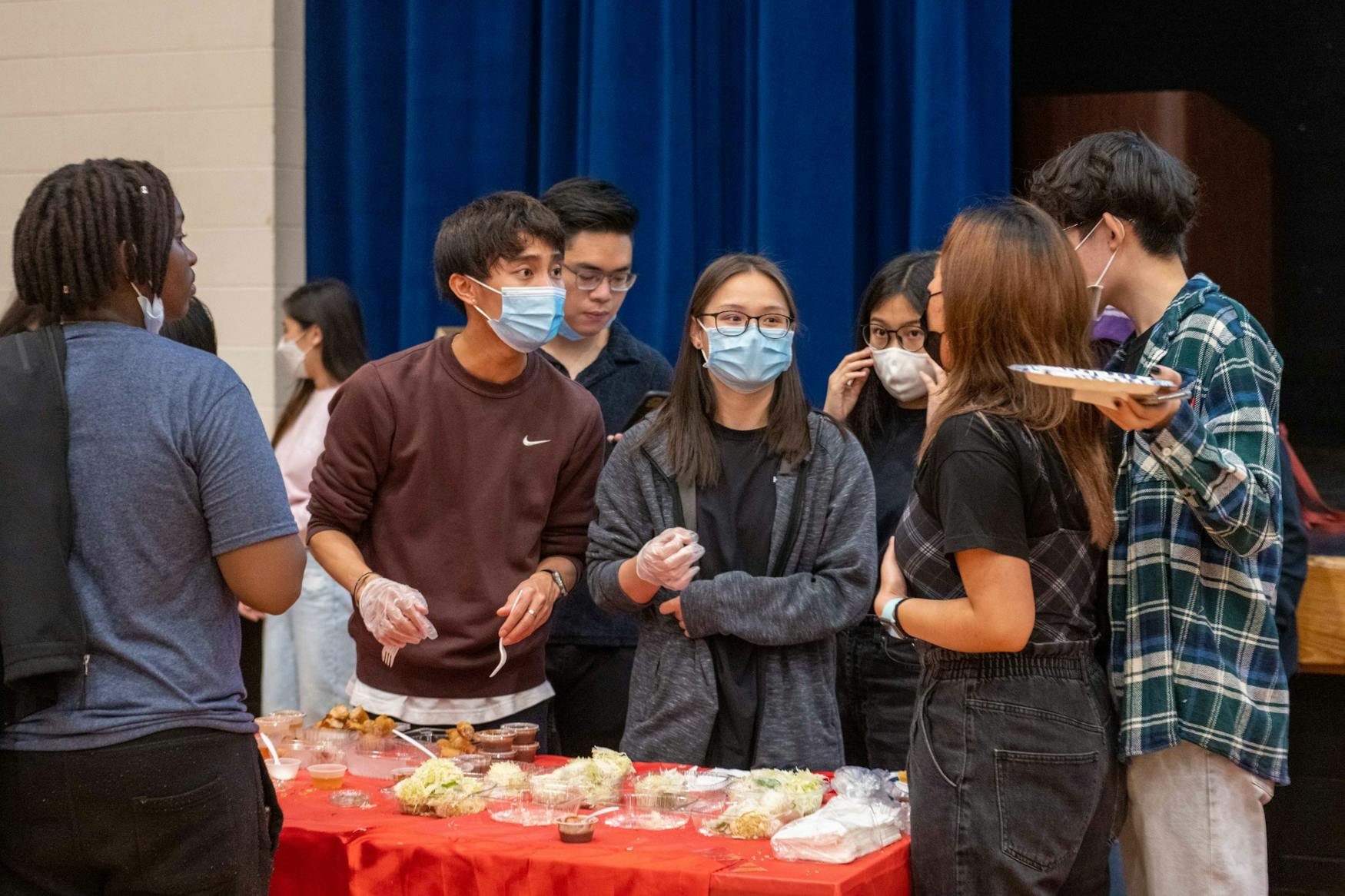The Classic College versus COVID-19 College Experience
Everyone has a similar picture of the “classic college experience.” We all tend to imagine getting into various shenanigans with friends, having late-night study groups in the campus library, and maybe engaging in a form of romantic endeavour. Unfortunately, the one thing just about every aspect of the ideal classic college experience tends to share is being in close proximity to other people.
COVID-19 has impacted the entire world, and it has forced many to shift the way they meet or interact with others and the way they build community. In the Brandeis sphere, folks have just moved on to campus within the last couple of weeks, and thus they are likely eager to see or make friends as they return from winter break.
Sadly, you can't particularly participate in the standard activities at the moment. The dining halls are grab-and-go, and the outdoor temperatures are often below freezing, so sharing food or simply eating with others is far more difficult than it used to be. Additionally, masks make it hard to recognize people, yet being within 6 feet of one another without them in this level of pandemic seems to put you at risk to catch COVID-19.
Nevertheless, everyone still wants to see and interact with everyone else. Most college students now find themselves weighing the risks and rewards of trying to socialize; it's a tough call to make. If you eat alone in your dorm, it's horribly isolating, but if you try to eat in a communal area like a dining room or outside, you either skyrocket your chances of catching COVID-19 or have your extremities go numb in five minutes. If you take your mask off more often than needed or get too close, you endanger yourself and others again; however, if you don't, you lose out on human connection.
All the classes are now grieving another year of schooling and socializing lost to COVID-19, but the problem is even worse for first-year students (especially midyears experiencing campus for the first time) and those in their senior year. Seniors are missing out on their well-deserved last hurrah of their college years, while first-years have barely gotten a college experience in the first place. While other students had the opportunity to form friendships before the brunt of the pandemic, and hopefully both have time for things to improve, but they're still missing out on key college time. Every aspect of classic college life seems focused around all things COVID-19, like crowded parties or massive school spirit events. The outlook, at first glance, seems bleak.
Nevertheless, Brandeis students persevere, choosing either to accept what risk they can to themselves without endangering others further, or forming an entirely new college experience — the “classic” versus “COVID-19” styles, if you will.
In the “classic” style modified for our ever-present companion of COVID-19, students have taken to bonding with their roommates, or having small groups of people in their rooms without masks. Others have found quiet indoor areas to share a meal with a friend or two without exposing others or exposing themselves to the cold. The number of in-person masked activity offerings is beginning to pick up, which will hopefully provide another set of opportunities for building community without necessarily building immunity. Plus, Brandeis students and staff take COVID-19 tests at the Shapiro Science Center every 96 hours, which makes sure any positive cases are rooted out early and often. So long as you've got a green (or in some circumstances, yellow) passport, you're good to go.
In the alternative “COVID-19” style modified to try and fit the classic experiences in, Wi-Fi and data have come in clutch. The internet has proved crucial in keeping morale up; online meetups or gaming sessions arranged by the school or various friend groups have helped students see the light at the end of the virus-laden tunnel. Classes, club meetings, and just about everything else remotely feasible is now feasible remotely, due to the 2020 onset of the very, very virtual era of living. These online offerings mean students in isolation or those who just can't risk catching COVID can be included in almost everything in-person students could hope for. There are also upsides to doing things online; there is no need for folks to commute in the near-freezing temperatures, dressed in layers of jackets. Or, as some have taken it, no need to commute out of one’s bed or out of one’s pajamas.
No matter the strategy chosen for classes and community, students continue. We're taking our COVID-19 tests, washing our hands, and wearing our masks. Together, we can keep each other safe and ensure our best chances at getting to build and have our community in the classic, quintessential, on-campus college fashion — finding whoever has access to a microwave.




Please note All comments are eligible for publication in The Justice.